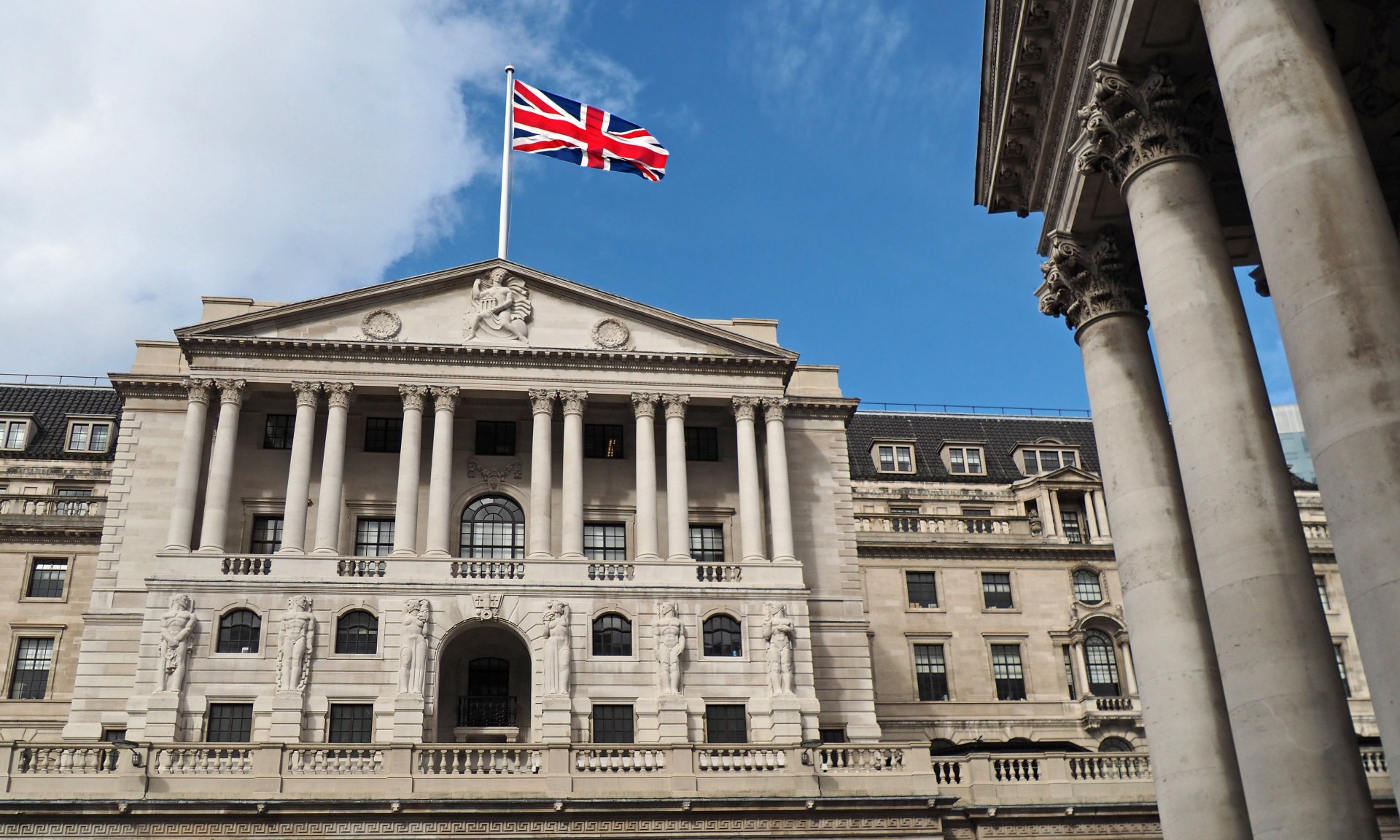


Andy Jalil[/caption]
The Bank of England (BoE) will expand its bond-buying programme by £100bn to help steer the UK economy through the unprecedented crisis caused by coronavirus while it holds the interest rates at a record low.
At its June meeting, the BoE’s Monetary Policy Committee (MPC) voted unanimously to keep the main interest rate at a record low of 0.1 per cent, and voted 8-1 to increase its stimulus package.
The £100bn boost will take the Bank’s total stock of asset purchases to £745bn. The central bank said it would spend all the extra £100bn on government bonds but would slow the pace of its purchases, saying it expected to complete the programme by the end of the year.
Announcing the measures, the MPC said that recent data suggests that the fall in global and UK GDP in the second quarter “will be less severe” than predicted at its May meeting.
“Although stronger than expected, it is difficult to make a clear inference from that about the recovery thereafter. There is a risk of higher and more persistent unemployment in the United Kingdom,” the committee said in its report.
“Even with the relaxation of some Covid-related restrictions on economic activity, a degree of precautionary behaviour by households and businesses is likely to persist. The economy, and especially the labour market, will therefore take some time to recover towards its previous path,” the MPC added.
According to the report from the meeting, the downside risks to the global outlook remain, including “from the spread of Covid-19 within emerging market economies and from a return to a higher rate of infection in advanced economies”.
There was no mention of negative rates in the minutes from the June MPC meeting — a policy option governor Andrew Bailey recently said the Bank was considering for the first time.
Vicky Pryce, chief economic adviser at CEBR, said that the BoE resorting to negative rates “would probably have made very little difference and although possibly justified by falling inflation way below target would have unduly unsettled the markets and also sterling.”
Economists had almost unanimously predicted that the Bank would keep the main interest rate steady and focus on expanding quantitative easing (QE) to shore up the British economy and stabilise financial markets.
The BoE slashed its base rate to 0.1 per cent and launched a £200bn asset purchase programme in March as the coronavirus pandemic ravaged the British economy. But the central bank has already spent much of this additional firepower as it soaks up much of the government’s Covid-19 borrowing.
Governor Bailey recently said that the Bank is considering cutting interest rates below zero for the first time in the BoE’s 325-year history, but said a review of the policy would take time. This leaves bond buying as the Bank of England’s most powerful option to help steer the British economy through the coronavirus crisis.
Oman Observer is now on the WhatsApp channel. Click here



